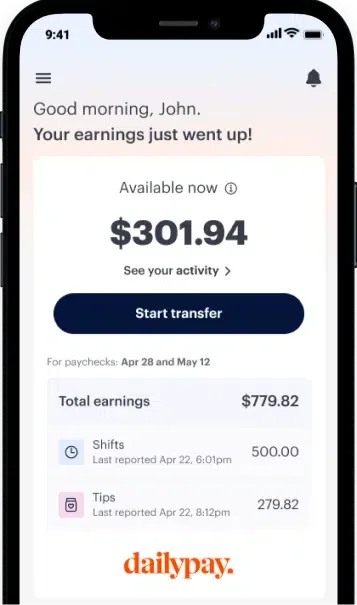As the summer season comes to a close, now is as good a time as any to take your financial temperature. With fall right around the corner, here are five simple action items to add to your end-of-summer financial checklist.
1. Check in on your budget.
Ensuring that you have a strong budget can have several important impacts on your financial health. For one, it can help you manage your day-to-day spending so that you’re living within your means. The idea is to prevent overspending and get the most out of your income. Beyond that, budgeting may allow you to work toward your financial goals in a way that feels manageable. You might consider using this time to check in on your budget with these questions in mind:
- Is your budget realistic? If it’s too tight or feels restrictive, don’t be afraid to give it a tune-up so that it more accurately reflects your spending habits.
- Does your monthly budget make room for saving? Aside from your regular bills, does your budget also make space for contributions to your savings account?
- Does your budget accommodate your financial goals? This includes both long- and short-term goals. A strong budget is one that allows you to earmark some portion of your monthly income for the future.
- Does your budgeting method work for your priorities? Budgets come in all shapes and sizes. Zero-based budgeting, for example, might work well for one person, while another might prefer the 50/30/20 rule.
2. Review your debt load.
As we slide closer to the end of the year, take a moment to review your debts. This may include any or all of the following:
- Credit cards
- Student loans
- Auto loans
- Personal loans
- Medical debt
Are your total monthly debt payments stretching your income? If your monthly obligations feel unmanageable, you can explore different ways to pay down debt. That might mean prioritizing your open balances in different ways, or exploring debt consolidation or refinancing. You can also use the end of the summer to check your credit report for free at AnnualCreditReport.com. Be wary of accounts you don’t recognize as this could be a sign of identity theft. And you might as well check your credit score while you’re at it.
3. Take stock of your financial goals.
As we hinted at earlier, you can use your budget to gradually save for your financial goals. That might include things like saving for retirement, building your kids’ college funds, setting money aside for your next vacation, paying down debt, or shoring up your emergency fund. Are you currently making progress toward meeting your goals? If not, what seems to be the barrier? For example, if chronic overspending is the culprit, tweaking your budget may help.
You might find that your monthly savings target is simply too high, in which case you can consider taking a step back and simply saving a little less to live more comfortably on a day-to-day basis. (Slow and steady wins the race, right?) You might also ask yourself if your financial goals still feel right to you. If not, what goals might be more aligned with your values? For instance, you might decide that saving for a down payment on a home is more important to you than saving for a vacation.
4. Give your income a check-up.
When you look at your earnings, does you feel like you are being fair compensated for your work? Your income doesn’t have to be set in stone. You can take steps to boost your earnings in several different ways. That might include negotiating a raise or one-time bonus with your current employer or job-hunting for a better-paying role. Others may decide to start their own side business or get in on the gig economy to earn extra cash on top of their regular paychecks. The most important step is playing an active role when it comes to your income. Doing so might help you stop living paycheck to paycheck.
5. Prepare for fall and winter expenses.
With summer behind you, that means fall and winter are right ahead. When you look ahead to the end of the year, ask yourself if you’re prepared for any upcoming expenses. This might include holiday spending, charitable giving, tax bills and more. Whatever your obligations are, see if you can take steps now to prep your budget accordingly. Maybe that means cutting out unnecessary expenses to make room for what is to come. A little forethought here may allow you to avoid accumulating unnecessary credit card debt.

